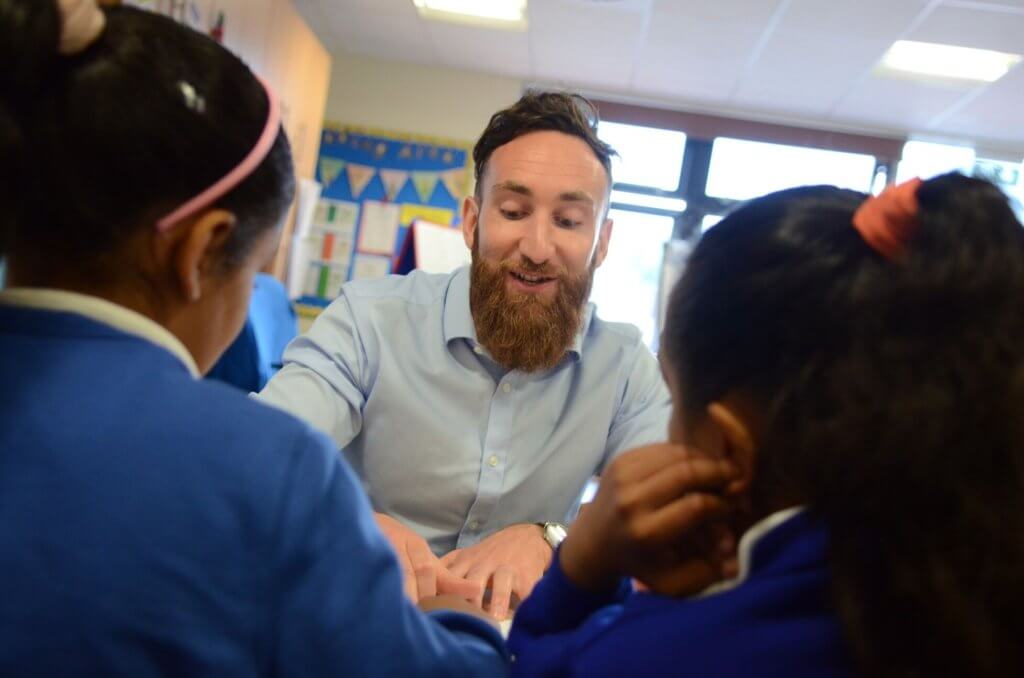Government launches taskforce to tackle teacher workload
Earlier this year, a report on the Working Lives of Teachers and Leaders showed that school leaders now work longer on average than they did in 2019. Meanwhile, teachers’ average working week has dropped by just 48 minutes in the same time frame. Two-thirds report that they spent over half their working time on tasks other than teaching. This figure rose to 77% amongst secondary teachers.
To drive down unnecessary workload and pressure, the government has now launched a workload reduction taskforce. They are expected to reduce working hours for teachers and leaders by five hours per week within three years. The taskforce was promised alongside the pay deal that put an end to teachers’ strikes this year. The group contains a total of 14 members, including teachers, leaders, union representatives, academics, and industry experts.
A flexible working toolkit is also set to be launched later this month, helping schools to implement practices such as job shares, part-time working, and personal days. A further five multi-academy trusts and schools have been named as flexible working ambassadors, in addition to the seven that were announced in summer. They will work together with other settings to design flexible working policies and overcome common challenges.
Online Safety Bill marks new era for children’s safety
The Online Safety Bill has passed its final Parliamentary debate and will soon become law. The bill has a zero-tolerance approach to safeguarding children and young people, which means that tech companies will have a legal duty to protect children from sexual abuse and harmful content on social media sites, gaming apps, and messaging services.
Harmful content that children will be protected from includes pornographic content, content that promotes suicide, self-harm or eating disorders, content that depicts or encourages serious violence, and bullying content. In addition to removing and preventing harmful content, online platforms will also be expected to enforce age limits; provide filtering options; and offer clear and accessible ways to report concerns.
The NSPCC welcomes the Online Safety Bill as the beginning of a new era for children’s safety at a time when online child abuse is at a record high. Their research shows that while the Bill was being discussed in Parliament over the last five years, there has been an 82% increase in online grooming crimes and a 66% increase in child abuse image offences. NSPCC Chief Executive says the passing of the Online Safety Bill marks ‘a momentous day for children and will finally result in the ground-breaking protections they should expect online.’
However, a survey carried out earlier this year found that less than 10% of teachers were confident children would be safer as a result of the Online Safety Bill. Researchers polled 8,000 teachers on behalf of Bett, the world’s largest EdTech event. 40% believed that the Online Safety Bill could do more to protect children. Julie McCulloch, director of policy at the Association for School and College Leaders (ASCL), explains there may be issues in the future that the bill does not sufficiently cover. Therefore, she calls for ‘schools to be given further resources and support in dealing with problems that occur as a result of social media and other forms of online technology.’
The decline of parental support for full-time schooling
Since the pandemic, an increasing number of children have started to regularly miss school. Last year, absence rates stood at 7.5%, compared to 4.7% in 2018-19. Across the country, researchers have carried out focus groups with parents to understand what is driving the drop in attendance. Their findings reveal a ‘seismic shift in parental attitudes to school attendance that is going to take monumental, multi-service effort to change.’
The study shows that parents no longer believe in the idea that “every day matters,” given that so much time was lost to lockdowns and staff strikes. This consensus on schooling stretched across the socioeconomic spectrum. One parent from Bristol summarised: ‘Over Covid, they sent home an hour and a half of learning every day. So that’s clearly what they’re being taught every day. One and a half hours. It’s not going to kill anybody.’
Moreover, parents agreed that other elements of a child’s life were just as important as attending school, if not more so. For example, there has been a radical shift in the way term-time holidays are viewed, as parents now place a higher value on family time, creating memories, and the learning that comes from new experiences.
The crisis in attendance is compounded by the lack of specialist services for children with mental health issues and special educational needs and disabilities (SEND). Parents often felt that schools were not doing enough to support their children. One parent of a child with autism said they ‘had loads of time off because the school will just not deal with it.’
In light of their findings, researchers have made a series of recommendations, including a review of how schools and the wider education system communicate with families. They also suggest reviewing and potentially abolishing fines, which are deeply unpopular with parents. Furthermore, they argue that investment in SEND and children and adolescent mental health services (CAMHS) will significantly improve attendance.
—
One Education is passionate about raising standards in education through a process of continuous learning, innovation, and improvement.
We provide a wide range of training and continued professional development routes, from Pupil Attendance Training and CPD for Designated Safeguarding Leads, to Train the Trainer courses for staff wellbeing.
Visit our Training & Conferences page to find out more, or get in touch.
Please complete the form below and we will get in contact as soon as we can to help you with your query.



